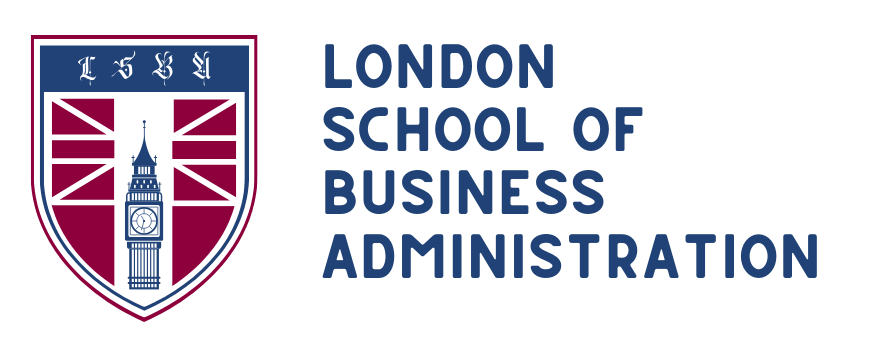Blog
From Manager to Leader: Building Strong Leadership Competencies
In today’s fast-paced business world, effective management alone is no longer enough. Organisations need individuals who can inspire teams, drive innovation, and create long-term value—qualities that go beyond traditional management. Moving from manager to leader requires a shift in mindset and the development of key leadership competencies that enable professionals to influence and motivate others while guiding organisations through complexity and change.
This article explores the essential skills required to make this transition and explains how the Leadership and Management Programme at the London School of Business Administration helps professionals grow from competent managers into visionary leaders.
1. Embracing a Leadership Mindset
The first step from management to leadership is changing perspective. Managers typically focus on processes, deadlines, and immediate results. Leaders, by contrast, look to the future, setting a clear vision and inspiring others to achieve it.
Developing a leadership mindset involves:
- Moving from a task-driven approach to a people-centred focus
- Thinking strategically about long-term growth and innovation
- Encouraging creativity and empowering team members
Through LSBA’s programme, learners gain tools to align organisational goals with a broader, forward-thinking vision, preparing them to lead with purpose.
2. Enhancing Emotional Intelligence
Leadership is as much about understanding people as it is about strategy. Emotional intelligence (EQ) enables leaders to recognise their own emotions, empathise with others, and manage relationships effectively.
Core aspects of EQ include:
- Self-awareness and self-regulation
- Empathy and active listening
- Building trust and resolving conflicts constructively
By mastering these skills, leaders create positive work cultures where collaboration and innovation thrive.
3. Developing Strong Communication Skills
Inspiring leaders are also exceptional communicators. They know how to articulate vision, motivate teams, and foster open dialogue.
Strong leadership communication means:
- Explaining complex ideas clearly and persuasively
- Encouraging feedback and active participation
- Adapting messages for different audiences and channels
The LSBA curriculum integrates practical exercises to build confidence in presentations, negotiations, and cross-cultural communication, all essential for global leadership roles.
4. Strategic Thinking and Decision-Making
While managers often focus on daily operations, leaders need to analyse trends, anticipate challenges, and make bold decisions that shape the organisation’s future.
Key strategic competencies include:
- Interpreting market and financial data to inform strategy
- Identifying growth opportunities and potential risks
- Balancing short-term demands with long-term objectives
LSBA’s programme teaches learners to combine critical thinking with data-driven insights, enabling them to lead with clarity and confidence even under pressure.
5. Inspiring and Developing Teams
Leadership is about bringing out the best in others. Great leaders create environments where employees are motivated, engaged, and able to grow.
Essential practices include:
- Coaching and mentoring emerging talent
- Delegating responsibilities and empowering decision-making
- Recognising achievements and rewarding high performance
By adopting a servant-leadership approach, graduates of LSBA learn to build teams that are resilient, innovative, and committed to organisational success.
6. Leading Change and Driving Innovation
The business landscape is constantly evolving. Leaders must be agile and capable of guiding teams through transformation, whether it involves adopting new technologies, entering new markets, or restructuring operations.
Critical change leadership skills include:
- Communicating the need for change effectively
- Minimising resistance and maintaining morale
- Turning disruption into opportunities for innovation
The LSBA Leadership and Management Programme provides a framework for managing change strategically and positively, ensuring leaders can turn challenges into competitive advantages.
7. Practising Ethical and Inclusive Leadership
Modern leadership demands integrity, inclusivity, and social responsibility. Leaders must uphold high ethical standards and create workplaces that value diversity and equality.
This means:
- Making decisions transparently and responsibly
- Promoting inclusivity and equal opportunities
- Leading by example to build trust and credibility
Through real-world case studies, LSBA highlights how ethical leadership strengthens organisational culture and long-term sustainability.
8. Leveraging Technology and Data
Today’s leaders must also be tech-savvy and data-informed. Understanding digital tools, analytics, and emerging technologies helps leaders make better decisions and stay competitive.
Skills in this area include:
- Using data to measure performance and forecast trends
- Embracing automation and AI to improve efficiency
- Staying updated on technological innovations relevant to their industry
The LSBA programme equips learners with digital leadership capabilities that meet the demands of modern business.
Why Choose LSBA’s Leadership and Management Programme
The London School of Business Administration’s Leadership and Management Programme is designed to help professionals develop the mindset, skills, and confidence to become impactful leaders.
Programme highlights include:
- Flexible, fully online learning, accessible worldwide
- Comprehensive course materials and case studies, linking theory to practice
- Lifetime access to updates, ensuring continuous professional growth
Whether you are a mid-level manager seeking promotion or an entrepreneur leading a growing team, LSBA provides the knowledge to lead effectively in a complex, global marketplace.
Conclusion
Moving from manager to leader requires more than a new job title—it demands a complete transformation of skills, mindset, and approach. By mastering emotional intelligence, strategic thinking, communication, and change leadership, managers can inspire their teams and guide their organisations to long-term success.
The Leadership and Management Programme at the London School of Business Administration offers the perfect platform to develop these competencies, preparing today’s professionals to become the visionary leaders of tomorrow.


